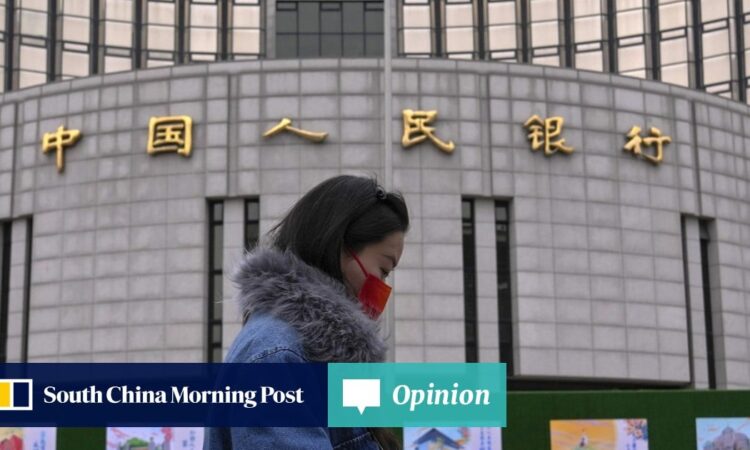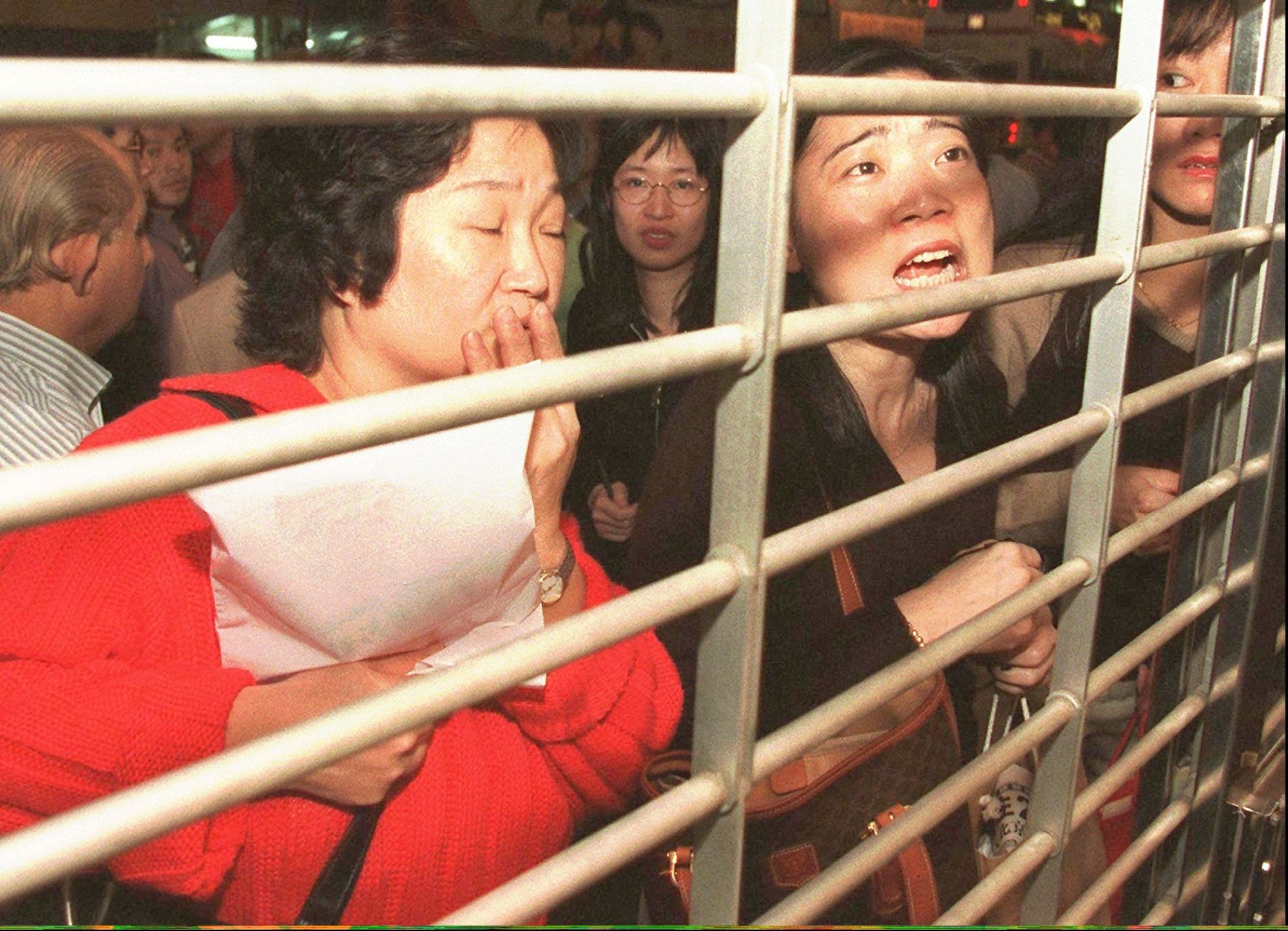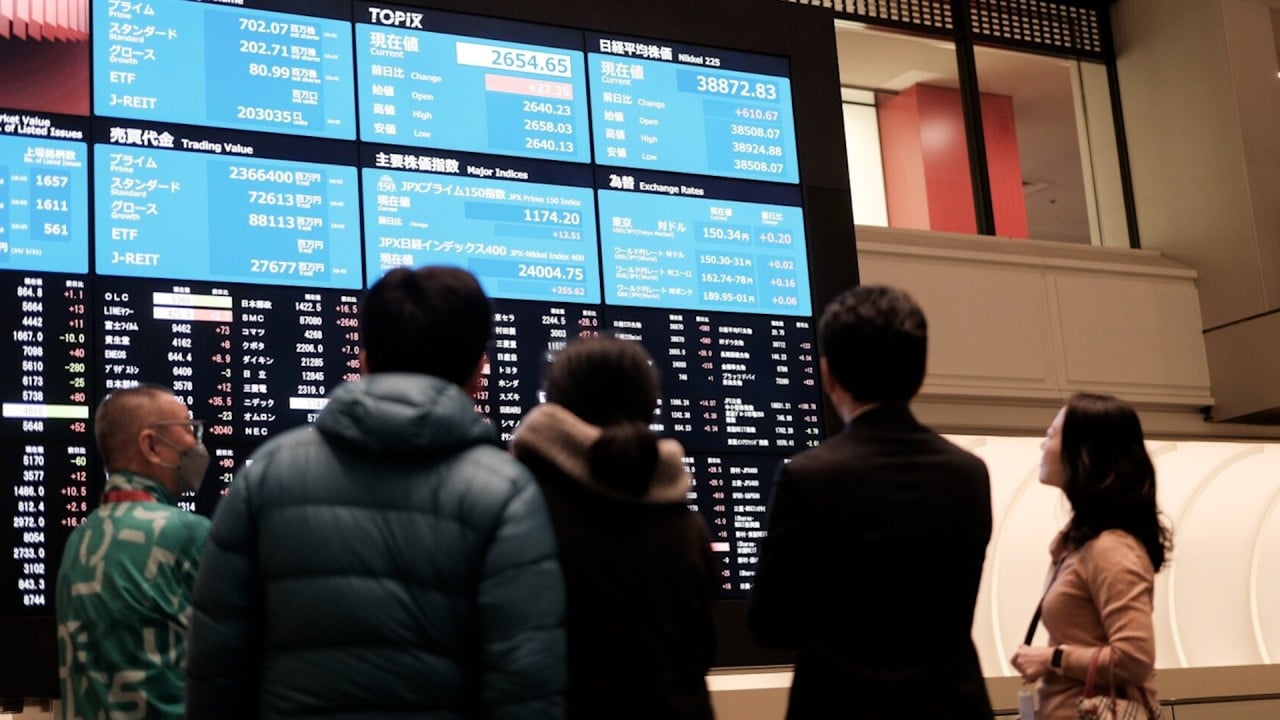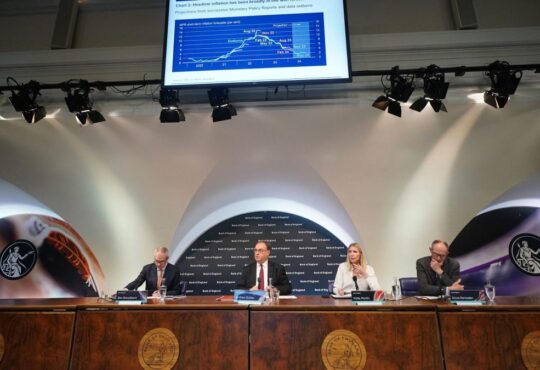
This has prompted much chatter about the danger of a new Asian financial crisis similar to the one that struck in 1997. This time the impact could be worse, given the huge weight that China and other Asian economies have in the global economy now.
A Bloomberg article published on May 9, for example, was headlined, “Yen’s fragility raises spectre of a new currency war in Asia”, reporting that investors are alarmed at the prospect of competitive devaluations that could trigger such a war.

At the heart of the problem is what Mark Sobel, US chair of the Official Monetary and Financial Institutions Forum (OMFIF), described in a recent commentary as “generalised dollar strength”.
Or as Hung Tran, a non-resident senior fellow of the Atlantic Council, put it, “most of the world’s currencies have been under pressure from the dollar” which has “appreciated by 30 per cent over the past decade”. Tran observed: “Going forward, dollar strength will be checked only when fundamentals change.”
The market seems to believe that the dollar will stay higher for longer but I would challenge this, admittedly more based on gut feeling. Regardless, no one can fault the US for having an apparently strong economy nor reasonably blame investors for flocking to a strong dollar and to high-yielding US Treasury securities.
That in turn could dampen output and demand for labour, another Fed fixation, and interest rates would likely need to be lowered as rapidly as when they began to be raised a couple of years ago after the inflation scare appeared.
There may be temptation for some Asian economies, such as South Korea and Taiwan, to try more unilateral interventions. What especially rankles is that the yen has depreciated much more rapidly versus the dollar than their own currencies have. The big question, however, is over mainland China and whether it opts for a major yuan devaluation to improve competitiveness versus the Japanese yen and the Korean won.
A devaluation of the yuan could be the trigger that sets off a fusillade of Asian devaluations. But China may opt for caution at a time when it is anxious to keep as many other Asian countries as possible on board with its policies amid trade and investment wars with the US.
Sobel suggested that “China should avoid renminbi depreciation against the dollar. US authorities should acknowledge that the renminbi pressures are in large part driven by dollar strength, keep the focus on China addressing its growth model and overcapacity and push back on any renewed currency tensions.”
My view is that China, sufficiently aware of its responsibilities as an Asian regional and global power, will not precipitate a currency war and will instead opt to wait out current dollar strength. It probably won’t have to wait as long as impatient currency markets believe.
Anthony Rowley is a veteran journalist specialising in Asian economic and financial affairs





